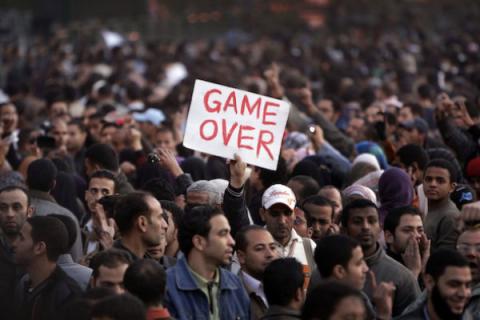Rule of the people
The harsh dilemma between respecting the democratic process and dealing with the repression that it brought about was resolved the day before Thursday.
One may of course question the essence of a democracy that needs an army to achieve its goals, but it is wrong to judge the protest movements for their impatience with the product of their demonstrations.
The Egyptian spectacle, which deserves praise and admiration, is not without risks and still has no answers to the hard questions facing Egypt. The country is immersed in a deep economic crisis and the state of public security is far from satisfactory. The Muslim Brotherhood has not accepted Morsi's ousting and may act, even violently, against it. The way to political stability is paved with mines.
But the lesson to be learned by this new revolution has already been clearly outlined. Even in democracies, leaders are not permitted to cling to election results as though they were a promissory note that authorizes them to impose their ideology, while ignoring the wishes of the people.

